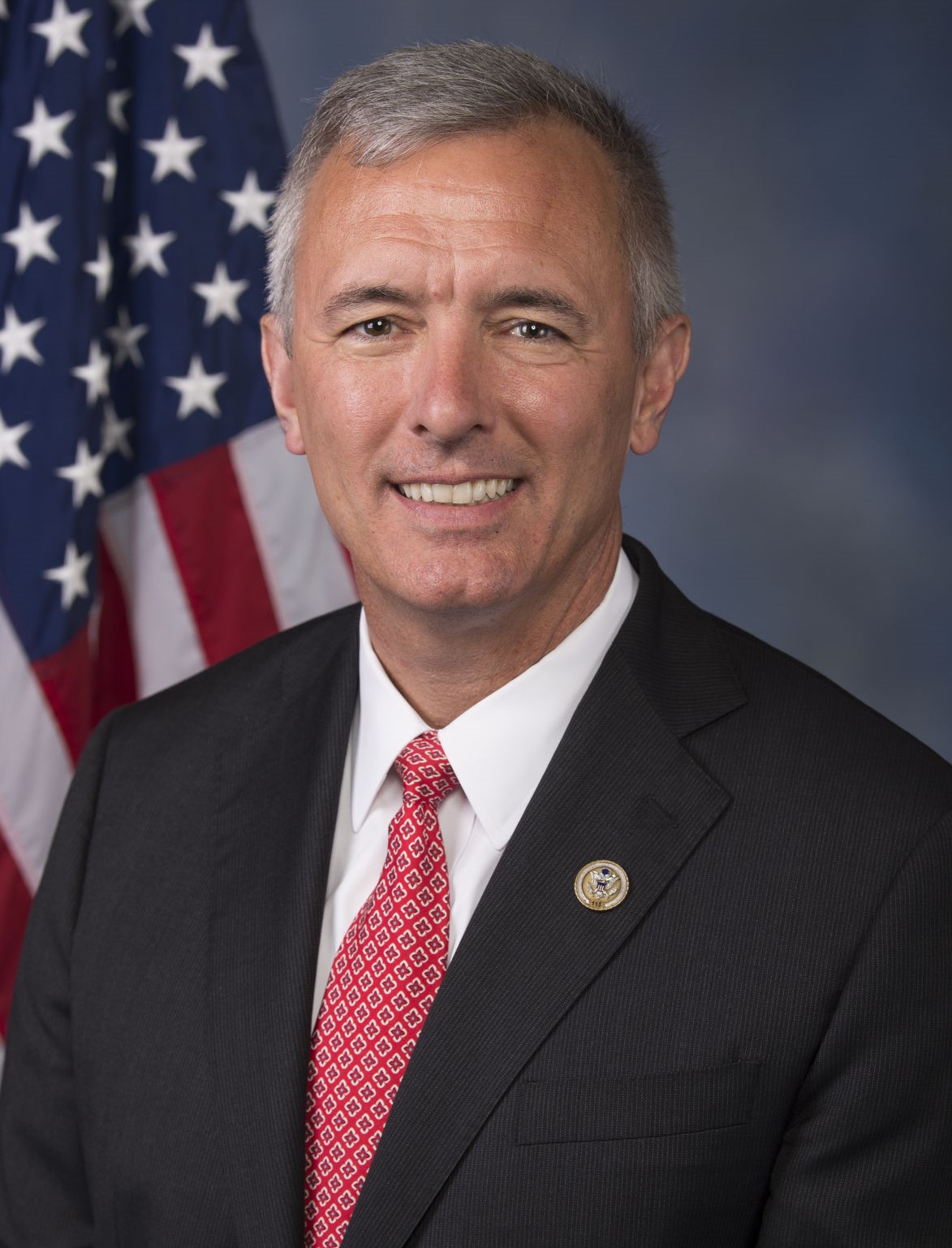
America is the greatest country in the history of the world, and it is up to us to protect it.
As our adversaries get smarter and more sophisticated, the evolving threat landscape becomes more difficult to predict and detect. China, Russia, Iran, and North Korea are constantly looking for new ways to compromise our vulnerabilities and undermine our way of life. Simply being vigilant is no longer enough. Today’s threat environment demands a posture of unwavering resilience.
Throughout my 20-year career as a federal prosecutor and now as the lead Republican on the House Committee on Homeland Security, my mission has remained the same: protect our nation and hold accountable those who seek to disrupt it.
Later this year, we will observe the 20th anniversary of the horrific terror attacks of September 11, 2001. This anniversary not only serves as a somber reminder of the fragility of our security, but also underscores the importance of taking a collective and bipartisan approach to homeland security. As we saw with this attack, an inability to connect the dots can have dire ramifications.
Simply being vigilant is no longer enough. Today’s threat environment demands a posture of unwavering resilience.
In my role as Ranking Member, I am focused on cultivating productive partnerships, where possible, with Congressional Democrats and homeland security officials in the Biden Administration. I have already begun finding common ground with Bennie Thompson, Chairman of the House Committee on Homeland Security.
Working with colleagues on both sides of the aisle, I also hope to find bipartisan consensus on cybersecurity, which I believe to be the greatest homeland security and national security threat of our time.
Cybersecurity underpins nearly every aspect of our way of life. From online banking, to refilling a prescription, to our new work from home environment – our daily activities often involve a transfer of data from one network to another. Without effective cybersecurity measures, this data can fall into the wrong hands and the repercussions can be detrimental.
Across the country, we’ve seen ransomware campaigns cripple local governments, impact critical infrastructure, and bring hospital operations to a screeching halt. Just a few weeks ago, a hacker reportedly gained access to a water treatment facility in Oldsmar, Florida, and attempted to adjust the water chemical levels through cyber means to poison thousands of residents.
These bad actors are looking well beyond discrete, individual targets and instead are looking for points of digital leverage to cause maximum pain. Late last year, revelations surfaced of a cyber espionage campaign that penetrated thousands of major organizations – including some federal government networks. This hack, known as the SolarWinds campaign, has since been traced to Russia, and it will likely take years to determine the extent of the data compromised and even longer to realize the impact.
Cyber threats clearly have real world consequences, and we must do everything to bring these malicious actors to justice.
To build up our cyber defenses and create true resilience, there are five key areas that must be part of a policy response conversation:
First, the Cybersecurity and Infrastructure Security Agency (CISA) needs more resources and authorities. CISA is essentially the quarterback of our cybersecurity efforts. To keep up with adversaries like Russia and China, CISA needs to be well-staffed and robustly funded. This is a modern-day arms race, and right now, we’re being badly outspent.
Protecting the homeland requires partnerships across industries and party lines.
Second, we need to better understand the nature and extent of third-party cyber risks. As the SolarWinds campaign demonstrated, third-party and supply chain risk can amplify the effect of a cyber-attack and must be at the forefront of all cybersecurity conversations. We must be diligent in our efforts to identify any and all third-party risks.
Third, once these concentrated risks are identified, it’s important to find ways to mitigate exposure. Ensuring processes and practices are implemented to adequately protect against threats is a critical step.
Fourth, software flaws can present a major threat, and we should drive better software development practices across the entire ecosystem to minimize risk. The software supply chain represents an attack vector that if exploited can have an impact felt across the entire economy.
Lastly, we must impose real consequences on cyber adversaries like China, Russia, Iran, and North Korea. These aggressors should know their actions will be met with a strong response.
Protecting the homeland requires partnerships across industries and party lines. Homeland security is not a partisan issue; it’s an American imperative. Working together, we can be prepared not only for threats of today, but also the emerging risks of tomorrow.
John Katko (NY-24) serves as the Republican Leader of the House Committee on Homeland Security.




